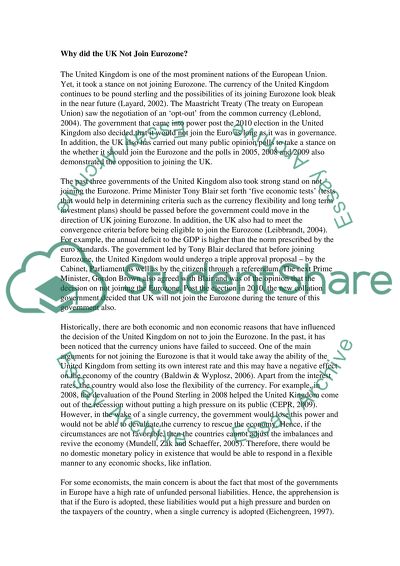Cite this document
(“Is Eurozone sustainable for the UK to join Literature review”, n.d.)
Retrieved de https://studentshare.org/macro-microeconomics/1390436-is-eurozone-sustainable-for-the-uk-to-join
Retrieved de https://studentshare.org/macro-microeconomics/1390436-is-eurozone-sustainable-for-the-uk-to-join
(Is Eurozone Sustainable for the UK to Join Literature Review)
https://studentshare.org/macro-microeconomics/1390436-is-eurozone-sustainable-for-the-uk-to-join.
https://studentshare.org/macro-microeconomics/1390436-is-eurozone-sustainable-for-the-uk-to-join.
“Is Eurozone Sustainable for the UK to Join Literature Review”, n.d. https://studentshare.org/macro-microeconomics/1390436-is-eurozone-sustainable-for-the-uk-to-join.


